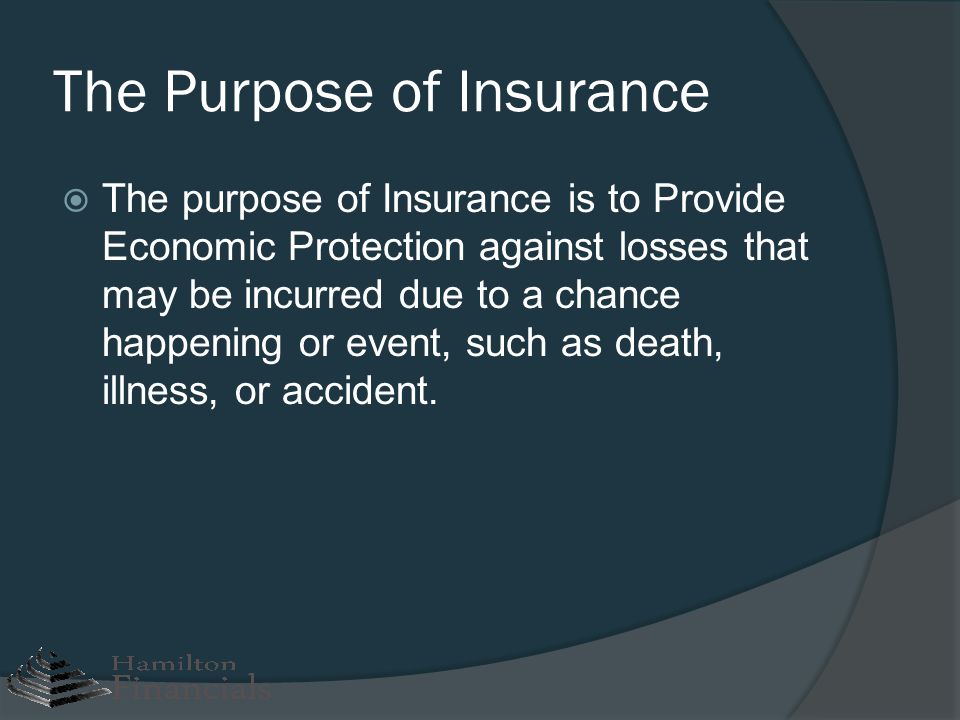Whole life and universal life insurance coverage are both considered irreversible policies. That implies they're developed to last your entire life and won't end after a specific amount of time as long as required premiums are paid. They both have the potential to build up cash worth gradually that you may have the ability to obtain versus tax-free, for any factor. Since of this function, premiums may be higher than term insurance. Entire life insurance coverage policies have a set premium, meaning you pay the very same amount each and every year for your protection. Much like universal life insurance coverage, whole life has the potential to accumulate money worth over time, developing a quantity that you may have the ability to obtain versus.
Depending upon your policy's possible cash worth, it may be utilized to avoid an exceptional payment, or be left alone with the possible to accumulate value over time. Possible growth in a universal life policy will differ based upon the specifics of your private policy, along with other elements. When you buy a policy, the issuing insurance provider develops a minimum interest crediting rate as laid out in your agreement. However, if the insurance company's portfolio makes more than the minimum rate of interest, the business might credit the excess interest to your policy. This is why universal life policies have the prospective to earn more than a whole life policy some years, while in others they can make less.
Here's how: Considering that there is a money value component, you may have the ability to skip premium payments as long as the cash worth is enough to cover your required expenses for that month Some policies may allow you to increase or decrease the death benefit to match your particular situations ** In most cases you may borrow against the cash worth that might have built up in the policy The interest that you may have earned over time collects tax-deferred Whole life policies use you a fixed level premium that will not increase, the potential to collect money value over time, and a repaired death benefit for the life of the policy.
As a result, universal life insurance coverage premiums are usually lower during periods of high rate of interest than whole life insurance premiums, frequently for the very same quantity of coverage. Another essential difference would be how the interest is paid. While the interest paid on universal life insurance is typically adjusted monthly, interest on an entire life insurance coverage policy is typically adjusted every year. This might imply that throughout periods of rising rates of interest, universal life insurance policy holders may see their money worths increase at a rapid rate compared to those in entire life insurance coverage policies. Some people may choose the set survivor benefit, level premiums, and the potential for development of a whole life policy.
Although entire and universal life policies have their own special features and advantages, they both focus on offering your enjoyed ones with the cash they'll require when you pass away. By working with a certified life insurance coverage agent or company agent, you'll have the ability to choose the policy that best fulfills your individual requirements, budget, and monetary goals. You can also get acomplimentary online term life quote now. * Supplied necessary premium payments are timely made. ** Increases may be subject to additional underwriting. WEB.1468 (When is open enrollment for health insurance). 05.15.

The Best Guide To What Is Universal Life Insurance
You don't need to guess if you ought to register in a universal life policy because here you can discover everything about universal life insurance advantages and disadvantages. It's like getting a sneak peek prior to you buy so you can choose if it's the best type of life insurance coverage for you. Read on to learn the ups and downs of how universal life premium payments, money value, and death advantage works. Universal life is an adjustable kind of permanent life insurance that permits you to make changes to two primary parts of the policy: the premium and the survivor benefit, which in turn affects the policy's money value.
Below are some of the general pros and cons of universal life insurance. Pros Cons Designed to use more versatility than whole life Doesn't have actually the ensured level premium that's available with entire life Money worth grows at a variable rate of interest, which could yield higher returns Variable rates likewise imply that the interest on the cash worth might be low More chance to increase the policy's cash worth A policy usually needs to have a favorable money value to stay active One of the most attractive functions of universal life insurance is the ability to choose when and how much premium you pay, as long as payments fulfill the minimum quantity required to keep the policy active and the IRS life insurance standards on the maximum quantity of excess premium payments you can make (How much is homeowners insurance).

But with this flexibility also comes some disadvantages. Let's review universal life insurance pros and cons when it concerns altering how you pay premiums. Unlike other types of irreversible life policies, universal life can get used to fit your financial requirements when your capital is up or when your spending plan is tight. You can: Pay greater premiums more regularly than needed Pay less premiums less frequently or even skip payments Pay premiums out-of-pocket or use the money worth to pay premiums Paying the minimum premium, less than the target premium, or skipping payments will adversely affect the policy's cash value.